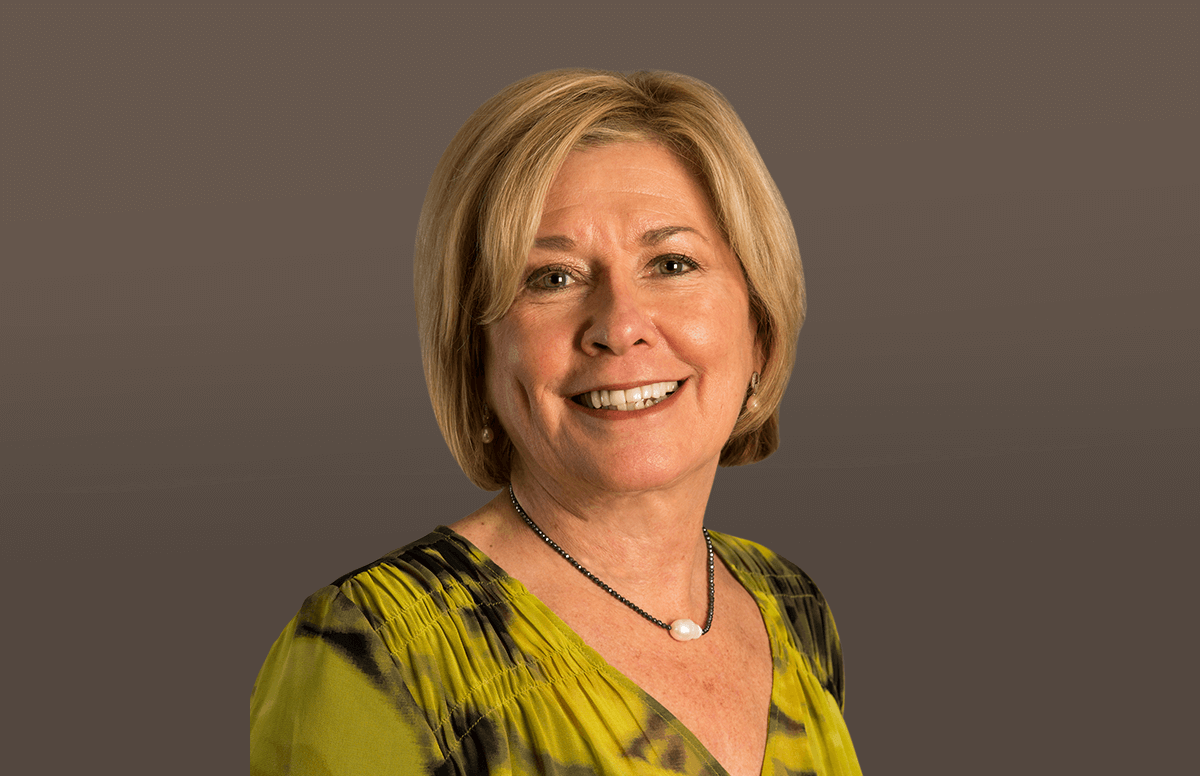Sharon Emek: Helping 'Vintage' Workers Succeed
Helping older Americans work from home thrills this 2019 Influencer in Aging
A top leader in the insurance industry, Sharon Emek is the president and CEO of WAHVE (Work at Home Vintage Experts). In 2010, she founded this company devoted to pairing home-based, older professionals (she calls them “pre-tirees”) in the accounting, insurance and human resources fields, with clients across the country.

Throughout her career, Emek, 73, has been the recipient of several awards, most recently a 2018 Leadership Longevity Award for Women in Innovation and Entrepreneurship which she received at the What’s Next Boomer Summit earlier this year. At the 15th annual Silicon Valley Boomer Venture Summit in June 2019, WAHVE was a winner in its Silicon Valley Innovation Competition, sponsored by AARP Innovation Labs. Emek’s company will go on to compete in a national contest this fall in Washington, D.C. In 2016, Emek was awarded the SmartCEO Brava Award, and in 2014, she was the first woman to receive the 1882 Fellow Award from Big I New York, an insurance industry organization.
Next Avenue: What was the inspiration behind WAHVE?
Sharon Emek: There were a number of factors that came together. I was very well known in the insurance industry, with a long career. Several years ago, conversations were starting to take place about how the industry workforce was aging, yet there was so much intellectual capital in that workforce.
"I didn't want to use the kind of negative language that is often used regarding older people."
2007 changed everything; the iPhone came out. By 2009, everyone was using FaceTime; during the same year, Voice Over Internet Protocol [VoIP] was perfected. Around that time, I was also giving presentations to women’s business groups —many of them small business owners — and talking about how it was important to prepare for multiple careers.
One morning, I woke up and realized all of these people I had encountered, with so much experience and access to the new technology, were capable of working from home. So, I needed to find out if they were interested in that. I reached out to the National Alliance of Insurance Agents and sent out a survey to five thousand people over the age of fifty in the industry. We got three thousand responses almost right away, with one thousand expressing interest, which validated my idea.
Why did you decide to include the word ‘vintage’ in the title?
I didn’t want to use the kind of negative language that is often used regarding older people. I’m a big wine person, and I like vintage wine. There’s a positive connotation, and it indicates quality.
The income earned by WAHVE workers is a motivator, but what about the intangibles they receive by continuing to work?
Most of our WAHVEs still need to work because they don’t have enough money saved for retirement. If they’ve been with a small company, they don’t have huge retirement packages.
Eighty percent of our WAHVEs are women. In terms of intangibles, they want the freedom to work from home for many reasons. They might want to go to warmer climates in the winter or move to be closer to their grandchildren or just have a better quality of life.
Over forty percent of our WAHVEs are working full-time, but they set their own schedules. They can start at 7 a.m. and work a full day by 2 p.m. This gives them the freedom and flexibility to spend time with their families, do charity work or join an afternoon book club. By working from home, they can also put a daily commute behind them, which they are more than ready to do.
People want to retire from the office, but they don’t want to retire from working.
In a recent post on your website, you talk about the fight against ageism as one of the tenets of WAHVE. How are some of the attitudes about technology and computer literacy in regard to the older population ageist?
As you age, you have wisdom and judgment, but because of the advances in technology, you don’t have to remember everything. You can easily look up all the information you need. It’s right there.
There’s a fallacy that older workers aren’t computer literate: they are. Over the years, I’ve tested thousands of people. As people age, they are becoming more computer literate, because they are the ones who’ve experienced all the upgrades, all the software changes over the years — more so than younger workers.
Does the opportunity to work remotely boost confidence for WAHVEs who know they won’t have to face possible age discrimination in an office environment?
Here’s an example. There’s a woman, in her sixties, who works for WAHVE now; highly experienced, with outstanding references. Before she came to us, she spent a year going on interview after interview and she was not getting hired. She told me that she knew when she walked through the door of these offices, they were seeing two things: her age, and the fact she had a limp.
All of our applicants are qualified very granularly. They participate in three interviews over the phone; the clients don’t see them until after they are hired. WAHVE hires workers for their knowledge and their experience. Most of these pre-tirees have twenty-five to thirty years of experience in their fields. They can jump right in and get to work.
Not only does WAHVE help people find work-from-home positions, the members of your team work from home, too.
We are all virtual; I gave up my office in New York City three years ago. The WAHVE executive team members are all over the country: Los Angeles, Dallas, Scottsdale. We hold virtual monthly meetings where everyone shares their ideas. With the money I save on real estate, we are able to meet twice a year for team-building retreats. Everyone brings their families, we spend time working with a charity, we just have a really good time.


